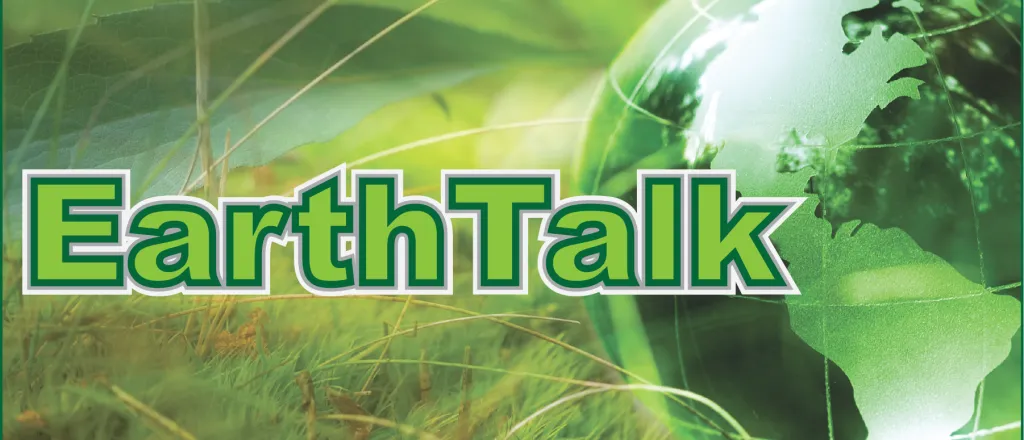
EarthTalk - Are mainstream dish soaps really that bad for the planet?
©
Dear EarthTalk:
Are mainstream dish soaps really that bad for the planet? And if so, what are some greener alternatives?
P. McGrath, Boulder, CO
Popular dish soaps often claim to easily tackle grease, leave dishes sparkling clean and uphold commitments to sustainability and safety. But these promises are often misleading. These products may deliver on cleaning power, but they often come at a high cost to human health, animal welfare and the environment. Many well-known dish soaps contain synthetic chemicals and additives that are harmful.
The main chemicals in dish soaps include Methylisothiazolinone, 4-dioxane, and fragrance and dye additives. Methylisothiazolinone is a synthetic preservative which inhibits the growth of bacteria and fungi, helping to give sponges a long useful life. The chemical is also a skin irritant for many and highly toxic in aquatic environments. 4-dioxane, though not intentionally added into dish soaps, is the byproduct of other chemical reactions. As a recognized groundwater pollutant, 4-dioxane is notoriously difficult to filter out during water treatment. The lemony-fresh scent many associate with cleanliness comes from synthetic fragrances, which act as air and aquatic pollutants. Dyes, which create visual appeal, are persistent pollutants that can linger in the environment for decades, contaminating waterways.
The environmental harm of dish soap extends beyond usage to its production. The industry ranks as the fourth-largest contributor to toxic pollution, with weighty impacts on communities near production facilities. The factories emit high levels of harmful chemicals, worsening climate change and exposing local populations to increased cancer risks. The toxic footprint also extends along transportation routes, especially from South Carolina through Georgia, Alabama, Mississippi, Louisiana and Texas.
Luckily, there are several options that are better for the environment and individual health. Cleancult Liquid Dish Soap is made from plant bases and does not use animal testing. It cleans efficiently, is easy on sensitive skin, does not contain harmful chemical, and received an “A” environmental rating. Dr. Bronner’s Pure Castile Liquid Soap, generally known as a camping dish soap, is another grade “A” certified soap with strong Environmental, social, and governance (ESG) principles guiding production. It uses basic ingredients, designed to be safe in waterways. Koala EcoNatural Dish Soap is made without synthetic fragrances, using essential oils instead, and holds two toxic chemical-free certifications. These alternatives are available at a slightly higher price point, but are much worth the investment.
CONTACTS
- The 9 Best Eco-Friendly Dish Soaps, https://www.treehugger.com/best-eco-friendly-dish-soap-5115036
- Dish Soaps: The Good, The Bad, and The Toxic, https://www.practiganic.com/2014/05/dish-soaps-good-bad-and-toxic.html
- The Dirty Secret of America’s Clean Dishes, https://www.propublica.org/article/the-dirty-secret-of-americas-clean-dishes/amp.
EarthTalk® is produced by Roddy Scheer & Doug Moss for the 501(c)3 nonprofit EarthTalk. See more athttps://emagazine.com. To donate, visit https://earthtalk.org. Send questions to: question@earthtalk.org.















